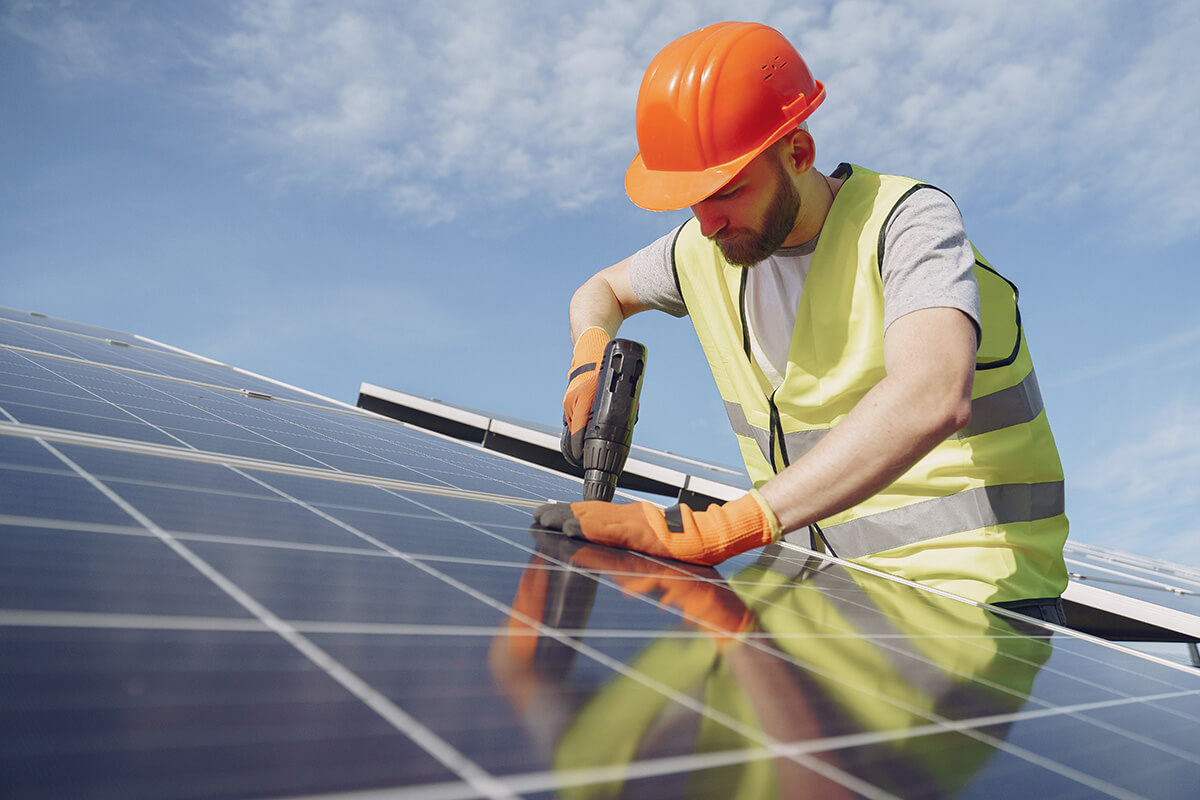- Measures to save energy, produce clean energy, diversify supplies and support households
- Member states to allocate more funds to cross-border and multi-country energy projects
- New transparency rules concerning the 100 final recipients who receive the highest amount of funding
MEPs approved including REPowerEU measures in national plans to be more independent from Russian fossil fuels, speed up the green transition and tackle energy poverty.
Plenary confirmed with 535 votes to 63 and 53 abstentions a deal reached with the Council in December 2022. Under the agreement, member states applying to receive additional funds through an amended recovery and resilience plan will be required to include measures to save energy, produce clean energy and diversify energy supplies, as foreseen in the EU’s REPowerEU plan.
Boost independence and fight energy poverty
The new rules will cover measures retroactively from 1 February 2022, with some limited exceptions. MEPs made sure that these measures are designed to support investments to tackle energy poverty for vulnerable households, SMEs and micro-enterprises.
Cross border measures, transparency and climate
MEPs convinced EU countries to allocate at least 30% of their spending under REPowerEU to multi-country measures, addressing existing bottlenecks in energy transmission, distribution and storage as well as increasing cross-border flows, even if carried out by one EU country.
MEPs also achieved introducing new transparency rules concerning the 100 final recipients who receive the highest amount of funding. These rules will apply to the entirety of the recovery and resilience plans.
The “do no significant harm” principle should apply to the REPowerEU chapters, with temporary exemptions granted to measures that safeguard the EU’s immediate energy security concerns, minimise the potential environmental harm and do not jeopardise EU climate targets.
Funding
Parliament negotiators ensured that from the additional 20 billion euro in grants proposed by the Commission, 8 billion will come from an earlier auctioning of national emission allowances under the EU Emissions Trading System (ETS), while 12 billion will be taken from the Innovation Fund. In addition, no revenue raised through the ETS can be used for investments in fossil fuel.
More information can be found here.
Quotes
Siegfried MUREŞAN (EPP, RO), co-rapporteur: “The REPowerEU Plan will help us ensure affordable energy prices for our people and our companies. It will enable us to secure our energy supply and to move away from dependency on Russian fossil fuels. In order for REPowerEU to generate real EU added value, member states should allocate at least 30% of the REPowerEU resources to cross border projects.”
Eider GARDIAZABAL RUBIAL (S&D, ES), co-rapporteur,: “We put together a plan to reduce the economic impact of the war while advancing the green transition. There will be an additional 20 billion euros to fight energy poverty, to promote green energy and to improve our energy storing abilities. We have negotiated a limited derogation to the “do no significant harm principle” as we are determined to fight against climate change and not to endanger EU climate objectives. We have also introduced changes such as greater transparency and priority for cross border projects”.
Dragoș PÎSLARU (Renew, RO), co-rapporteur: We fight fear with ambition, citizens had a tough year and we need sustainable solutions for them now, no later. Ask your governments what measures they plan to include in their national plans, let us insulate homes for our citizens, reskill our workforce for new green jobs, and help our companies. In RePowerEU we have now set clear requirements for identifying top beneficiaries, and we wait to see how governments will use the money.”
Next steps
The Recovery and Resilience Facility is an extraordinary and one-time measure, in place until 31 August 2026. The new rules concerning REPowerEU measures in national recovery plans enter into force on the day following its publication in the Official Journal of the EU.






